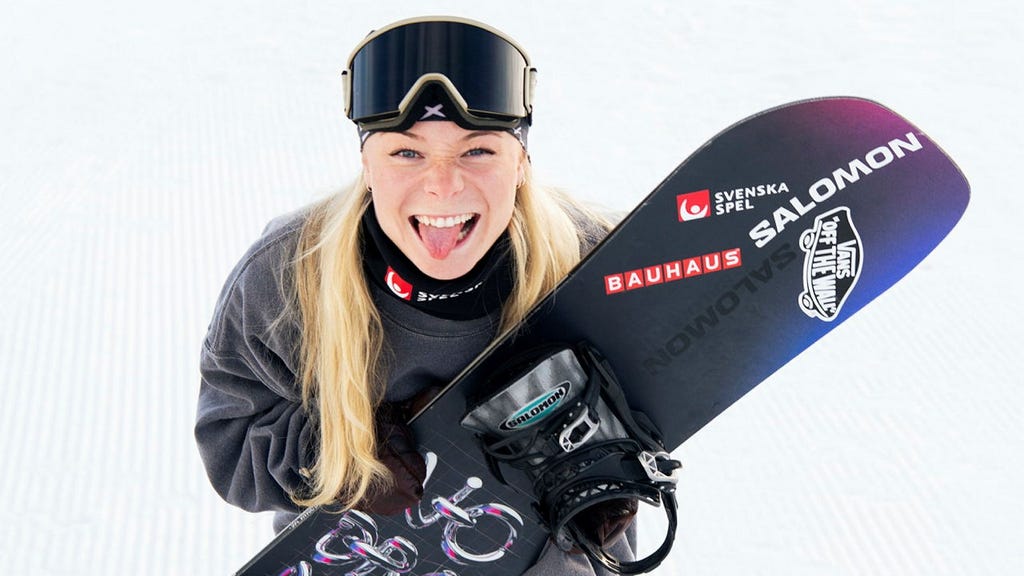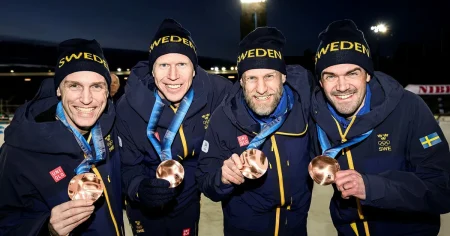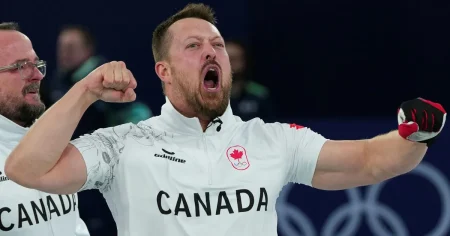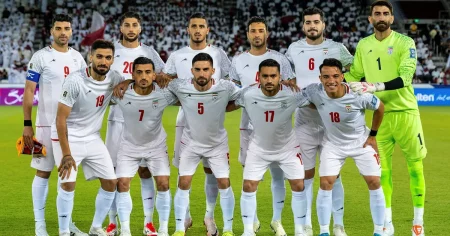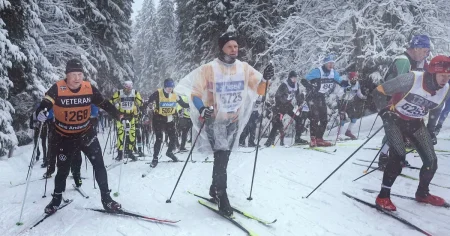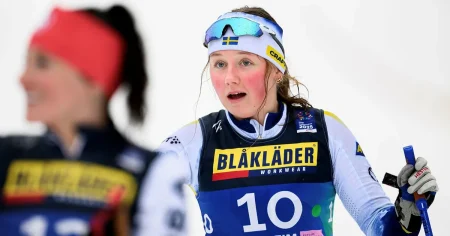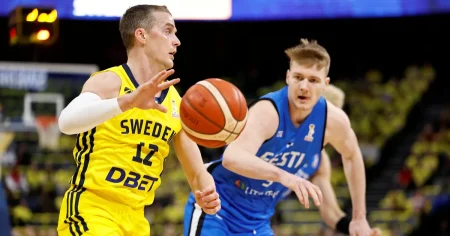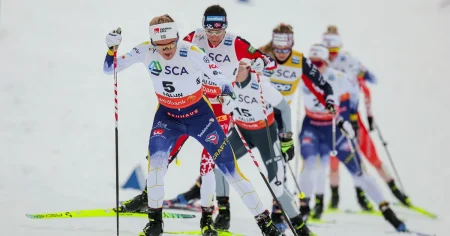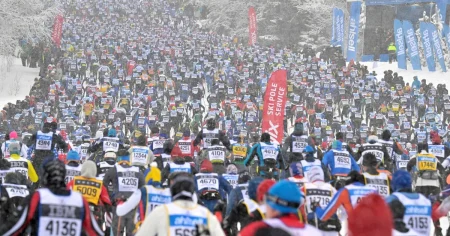Novalie Engholm, a 22-year-old snowboarder from Sundsvall, Sweden, has made a significant breakthrough in the world of snowboarding, marking a personal milestone and a historic moment for Swedish women in the sport. Just four years ago, she was the sole female member of the national snowboarding development team. Now, she is one of three, and this season she made her World Cup debut in both slopestyle and big air, becoming one of the first Swedish women to compete regularly at this level in these Olympic disciplines. Her entry onto the world stage signifies a shift in the traditionally male-dominated landscape of Swedish snowboarding, a change actively fostered by the Swedish Ski Association.
Engholm’s journey to the World Cup has been marked by both challenges and triumphs. She faced a period of waning motivation during the 2022-2023 season, which led her to temporarily step back from the national team. However, she rediscovered her passion and returned with renewed vigor, inspired by the growing number of female snowboarders she now looks up to. This contrasts sharply with her earlier experiences, when male snowboarders were her primary role models due to the scarcity of female representation at higher levels of competition. Now, she herself has become a source of inspiration for young girls in the sport, a role she embraces with a mix of pride and humility.
The Swedish Ski Association has played a pivotal role in fostering the growth of women’s snowboarding in Sweden. Through initiatives like ”progression sessions,” which are development camps exclusively for young girls, and focused leadership training, the association has created a more inclusive and supportive environment for female athletes. The focus has been on cultivating the foundational elements of sporting enjoyment: camaraderie, shared experiences, and a sense of belonging. This approach aims to create a welcoming space where young women can thrive and develop their passion for snowboarding, free from the pressures and expectations that can sometimes accompany male-dominated sporting environments.
This deliberate effort to nurture female talent is bearing fruit, with Engholm being a prime example. She emphasizes the importance of inclusivity and mentorship in attracting and retaining women in snowboarding. Creating an environment where young girls feel valued and encouraged, and where they can see a clear path to higher levels of competition, is crucial for their development and for the growth of the sport as a whole. Her own experience, transitioning from being the sole female member of the development team to being part of a supportive trio, underscores the positive impact of a strong female presence in the sport.
The camaraderie and support within the women’s development team is particularly evident in the close bond between Engholm and her teammates, Lova Bäckström and Tova Nejne. Their similar names have become a recurring source of amusement on the competition circuit, with frequent mix-ups and lighthearted confusion among commentators and fans. This shared experience further strengthens their connection and highlights the growing sense of community among female snowboarders in Sweden. Beyond the humor, their shared journey reflects the collaborative spirit and mutual support that characterize the team’s dynamic.
Looking ahead, Engholm has her sights set on the 2026 Winter Olympics, despite acknowledging the considerable challenge of qualifying in her first World Cup season. She remains determined to perform at her best and aims to contribute to securing another World Cup spot for Sweden, opening doors for more female snowboarders to compete at the highest level. Her coach, Niklas Mattsson, recognizes her potential, noting her proximity to the world’s elite and emphasizing the importance of balancing experience building with pushing boundaries. Engholm’s ambition, coupled with the continued support of the Swedish Ski Association, suggests a bright future for women’s snowboarding in Sweden. Her story not only represents personal achievement but also embodies a significant step towards greater inclusivity and representation in the sport.





